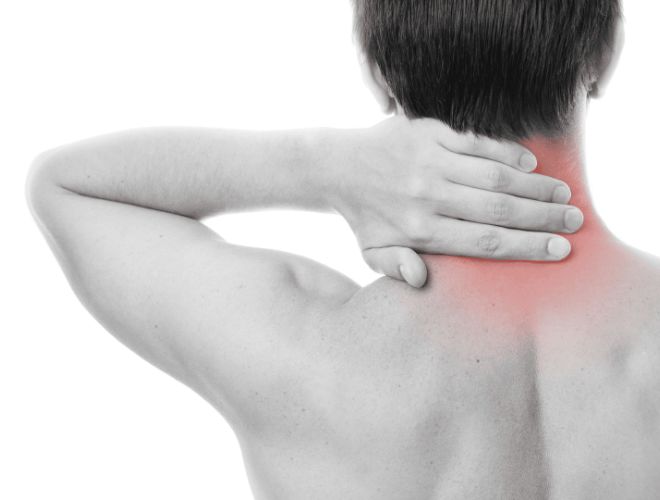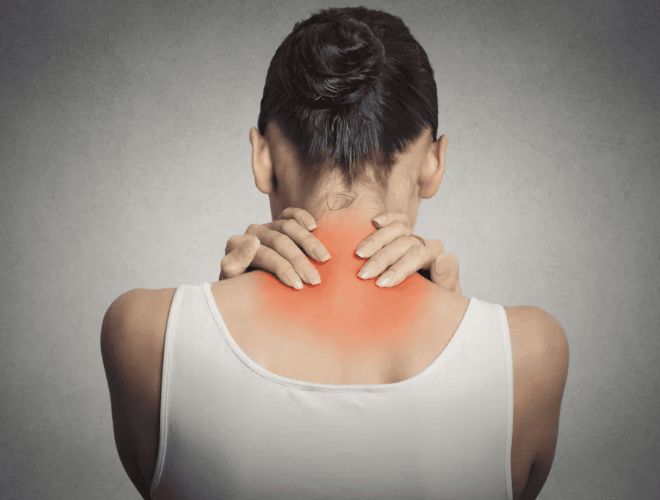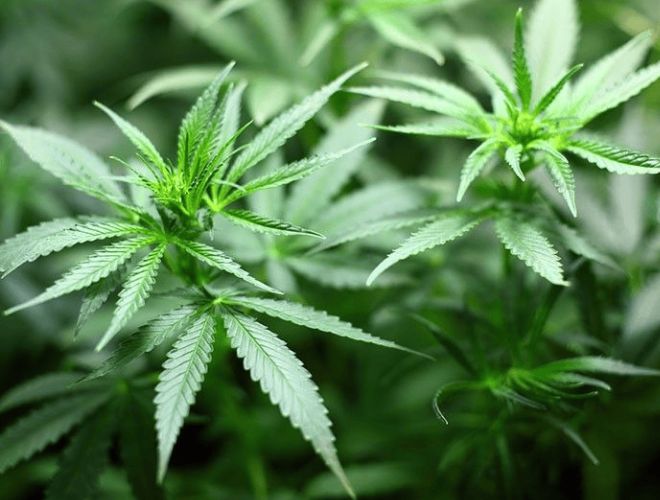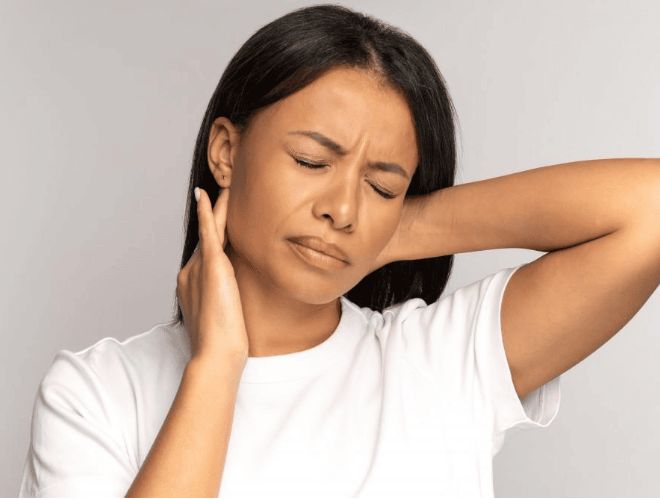No More Pills: How To Leverage Medical Marijuana For Fibromyalgia
Can you get a medical card for fibromyalgia? Can medical marijuana help fibromyalgia?
These are some of the common questions that most medical marijuana patients ask.
Fibromyalgia is a neurological disorder that affects a person’s sensory processing system, leading to chronic pain in the muscles and joints.
While fibromyalgia doesn’t cause any damage to the muscles or nerves, it results in widespread chronic pain, thereby leading to sleep, mood, memory, and fatigue issues.
In recent years, numerous states have legalized the use of medical cannabis. People living with fibromyalgia, therefore, have access to alternative medication for this illness.
So, can you get a medical card for fibromyalgia? If yes, what are the medical weed card requirements in Utah?
You’re at the right place if you’d like to use medical cannabis to address your fibromyalgia symptoms.
This feature is a deep dive into this chronic illness and how effective cannabis is in treating symptoms.
We’ll also include a short section on how to get a medical card in Utah. This will allow you to easily access the highest-quality medical marijuana at fair prices.
Now that we’re done with the pleasantries, let’s get to the crux of it!

Can You Get A Medical Card for Fibromyalgia? Understanding This Chronic Disease
Fibromyalgia is a disorder that affects how your brain and spinal cord process signals, thereby amplifying pain.
This illness may occur as a result of physical trauma, infection, surgery, and acute psychological stress.
For many people, the symptoms become more and more adverse over time.
Fibromyalgia significantly affects the quality of life of about 4 million people living in the United States.
This condition comes with various implications for your physical and psychological health.
Let’s break down a few ways in which fibromyalgia affects our lives.

1. Physical Symptoms
The main symptom of fibromyalgia is chronic, widespread pain all over your body.
This pain typically manifests as a throbbing, aching, or burning sensation in the arms, legs, abdomen, chest, head, back, or buttocks.
Fibromyalgia may also make one feel chronically fatigued, coupled with tender soreness (and stiffness) in the muscles and joints.
Some people have also reported feeling numb or tingly in their arms and legs.
People living with fibromyalgia may become more sensitive to temperature, light, smells, and noises.
They may also experience digestive issues such as constipation, bloating, and Irritable Bowel Syndrome.
2. Psychological Symptoms
The physical symptoms of fibromyalgia often cause psychological distress.
This makes sense— chronic, never-ending pain is bound to make us feel anxious, moody, and depressed.
It may also make it hard to fall and stay asleep, further contributing to fatigue, irritability, and burnout.
Failing to get enough rest affects memory and concentration, ultimately reducing productivity.
Fibromyalgia patients tend to exhibit a decline in happiness, and that’s what medical cannabis tries to address.
Many people use medical marijuana for fibromyalgia as a way to quell both their physical pain and emotional turmoil.

Traditional Treatments For Fibromyalgia
There is currently no known cure for fibromyalgia, but various medications are used to manage its symptoms.
Physical exercise is one of the common techniques employed.
Traditional Eastern practices such as yoga, Tai Chi, and qigong have also been known to ease the symptoms of fibromyalgia.
Many people also use a combination of medications, physical therapy, and talk therapy to navigate their fibromyalgia diagnosis.
Here are a few examples of common fibromyalgia medications:
- Pain Medications
Oxycodone and other opioid painkillers may be prescribed to people living with the painful symptoms of fibromyalgia.
- Insomnia Pills
It’s hard to fall asleep when you feel like something is gnawing at your knee. Some fibromyalgia patients, therefore, end up using sleeping pills to fall and stay asleep.
- Depression Medication
Fibromyalgia is known to cause depression. In extreme cases, patients may begin using anti-depressants.
While these medications are effective, they come with significant risks.
For one, sleeping pills, painkillers, and antidepressants tend to cause dependency. Swallowing all these pills may also overwork your liver.
Can medical marijuana for fibromyalgia come to the rescue?

What Is Medical Marijuana?
Can you get a medical card for fibromyalgia, and does cannabis work for this condition?
Preliminary studies suggest that medical cannabis may help manage the symptoms of fibromyalgia.
Remember, cannabis contains THC, CBD, and many other cannabinoids, which are said to have therapeutic properties.
Key among these is the ability to relieve chronic pain, inflammation, and insomnia.
Marijuana also contains an abundance of terpenes— special chemicals that have sedative, calming effects.
You could, therefore, take advantage of marijuana to manage your fibromyalgia symptoms.
While medical marijuana is often vaped or consumed orally, you could also opt for a topical THC product.
These are lotions, soaps, salves, and body oils that you could apply directly to the affected area.
Many people are waking up to the connection between fibromyalgia and marijuana.
Although fibromyalgia is a life-changing diagnosis, with proper management practices, you can improve the quality of your life.
Let’s learn more about how the herb and the human body interact.

The Endocannabinoid System And Fibromyalgia
The endocannabinoid system (ECS) is a complex network comprising endocannabinoids, cannabinoid receptors, and metabolic enzymes.
Endocannabinoids are naturally occurring chemical messengers that bind to cannabinoid receptors—the body makes these cannabinoids.
Spread throughout the body, the ECS plays a huge role in regulating various bodily functions, such as:
- Controls how we eat and how the body handles digestion
- Modulates sleep and rest
- Makes us feel relaxed and does away with chronic pain and physical discomfort
- Regulates our mood and emotions, keeping stress, anxiety, and depression at bay.
- Boosts immunity, protecting us from physical ailments
- Affects our memory
When your endocannabinoid system is in balance, the body is able to undergo these processes normally.
However, when it’s out of whack and your body is running low on indigenous cannabinoids, you may start to experience negative symptoms.
These include insomnia, nausea, anxiety, mood swings, and more.
Since THC and other weed cannabinoids have a similar structure to endocannabinoids, you’re able to supply your endocannabinoid system with the cannabinoids it needs when you use medical weed.
Fibromyalgia And Marijuana: What Does Science Say?
Can medical marijuana help fibromyalgia?
The studies on the efficacy of medical marijuana in combating chronic pain are still new and far in between.
That said, preliminary research suggests that fibromyalgia patients could get lots of relief from medical cannabis.
THC has been found to stimulate cannabinoid receptors, thus influencing how the brain perceives pain.
Cannabis is also known to promote better sleep, relieve pain, ease anxiety, and enhance our moods.
By keeping these negative symptoms at bay, medical weed strains make fibromyalgia much less disruptive to people’s quality of life.

Can You Get a Medical Card For Fibromyalgia?
We know cannabis may help manage fibromyalgia symptoms, but can you get a medical card for fibromyalgia?
If you’re living in Utah and have been diagnosed with fibromyalgia, you could use medical marijuana to relieve your symptoms.
However, fibromyalgia isn’t considered a qualifying condition under the Utah Medical Cannabis Act.
That said, fibromyalgia patients could submit a petition to the Compassionate Use Board with the help of their Qualified Medical Provider.
The Utah Patients Coalition is currently asking the Utah DHHS to remove the qualifying conditions list.
In exchange, they’d like the statute to allow medical providers to recommend the use of medical cannabis on a case-by-case basis for any condition.
Some symptoms of fibromyalgia may also qualify for a medical card in Canada. These include:
- Persistent pain lasting longer than two weeks that hasn’t been adequately addressed
- Multiple sclerosis
- Persistent muscle tenderness and spasms
If you experience these symptoms due to fibromyalgia, you may qualify for a medical marijuana card in Utah.
Just book an appointment with our Qualified Medical Provider (QMP) who will be able to guide you throughout the process.
Exploring the Potential Side Effects And Risks of Using Medical Cannabis
Medical marijuana has far fewer side effects than most pharmaceutical medications. That, however, isn’t to say it comes without fault.
People who use marijuana for fibromyalgia may experience the following side effects:
- Cognitive Impairment
The best strains of marijuana for fibromyalgia and nerve damage usually contain lots of THC.
Consuming these strains continuously over a period of time may cause cognitive impairment.
- Dizziness
This is another common side effect of consuming lots of THC.
If you’re on a high dose of medical marijuana for fibromyalgia, you may start to feel dizzy and drowsy.
- Dependency
Just like some Big Pharma drugs, regular cannabis use can cause dependency. This refers to a condition whereby you need the drugs to function normally.
- Potential Weight Gain
The best strains of marijuana for fibromyalgia and nerve damage tend to cause a wild case of the munchies.
This increase in appetite may make fibromyalgia patients eat more than they regularly do, which poses the risk of weight gain.

Tips For Safe And Effective Use of Medical Marijuana
Medical cannabis definitely makes fibromyalgia easier to live with, especially when people know how to consume it safely and effectively. We’ve got some tips:
- Book an appointment with one of our highly compassionate, Qualified Medical Providers.
- Get a medical card to consume marijuana for fibromyalgia.
- Ensure you’re smoking the best strains of marijuana for fibromyalgia and nerve damage. Cross-check a strain’s potency and genetic info before you buy it.
- Buy your weed from licensed weed dispensaries. This way, you get the highest quality cannabis at great prices!
- Adhere to the dose and prescription provided by your doctor.
- Store your medical weed safely. Ensure it’s clearly marked so roommates or family can tell what it is if they come across it.
Now that you know how fibromyalgia and marijuana work, let’s look into how you can get a medical card in Utah.
How To Buy Medical Marijuana Online In Utah?
So, can you get a medical card for fibromyalgia in Utah?
The answer is that it’s possible.
While Fibromyalgia isn’t listed as one of the qualifying conditions in Utah, the Compassionate Use Board could accept your petition provided a Qualified Medical Provider can prove you need medical cannabis.
However, if your fibromyalgia symptoms fall under the qualifying conditions, you could get a medical weed card in Utah— and it’s a pretty straightforward process.
Here’s a quick breakdown:
- Make an appointment to see a qualified medical practitioner registered with the Utah Department of Health and Human Services.
- Meet with your doctor so they can see if you meet medical weed card requirements, run tests, and come up with a diagnosis.
- If you have fibromyalgia, the QMP will prepare certification to prove it. They will then submit this form online to the state, allowing you to begin your medical card application on the same day.
- Depending on the type of medical card you need, you’ll be required to pay an application fee of $15 or more.
- The Utah Department of Health and Human Services will process your application. If the process succeeds, you’ll receive your medical card in the mail.
- Your medical card allows you to buy medical weed from a licensed retailer.
- You’ll be required to renew your medical card every year
Once you’ve met medical weed card requirements and start using medical marijuana for fibromyalgia, chronic pain should be a thing of the past.

Bottomline— Can You Get a Medical Card for Fibromyalgia?
Fibromyalgia is a chronic illness that gravely affects the quality of life of millions of people living in America.
This neurological disorder is marked by muscle pains, cramps, soreness, irritability, and many other uncomfortable side effects.
Thankfully, you could use medical marijuana for fibromyalgia. If you’re looking for a holistic alternative to pain meds, you should get a medical card in Utah.
This way, you’ll be able to access the highest quality medical cannabis at incredibly competitive prices.
Remember, recreational cannabis isn’t legal in Utah yet, meaning the only way you can access the medicine you need is by applying for a medical cannabis card.
Now that we’ve answered your question of “Can you get a medical card for fibromyalgia?” you should go ahead and start applying for one.
Not sure how?
Our Highly Qualified Medical Practitioners are here to help. Book an appointment today!
